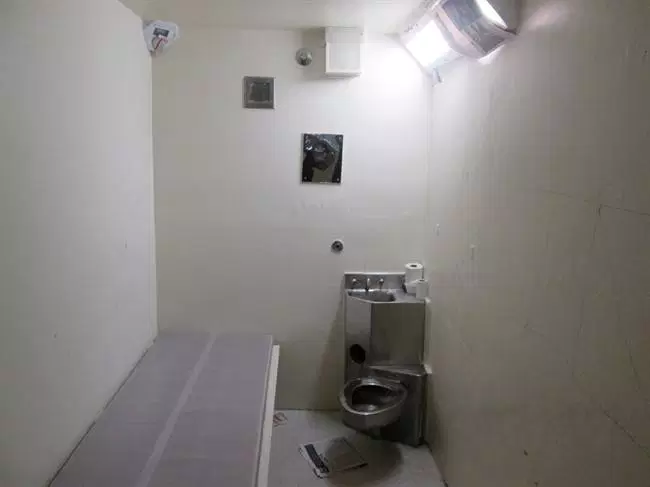Vancouver (with files from BC Civil Liberties Association (BCCLA) and the John Howard Society of Canada (JHSC) – On Monday, the British Columbia Court of Appeal released its decision affirming the unconstitutionality of the federal government’s laws that authorize prolonged, indefinite solitary confinement in prisons across Canada. The decision has serious implications for the new solitary confinement legislation passed into law just last Friday by Parliament.
The Reasons for Judgment of the BC Court of Appeal can be located here.

The decision is a rejection of the government’s attempt to overturn the January 2018 BC Supreme Court decision that found the government is endangering the lives and health of federally incarcerated people when it locks them away in prolonged, indefinite solitary confinement. The case was brought by the BC Civil Liberties Association (BCCLA) and the John Howard Society of Canada (JHSC) and resulted in the government’s administrative segregation laws being struck down as unconstitutional – a finding that was upheld by the BC Court of Appeal.
Writing for a unanimous Court of Appeal, Mr. Justice Fitch held: “In my respectful view, a legislative provision that authorizes the prolonged and indefinite use of administrative segregation in circumstances that constitute the solitary confinement of an inmate within the meaning of the Mandela Rules deprives an inmate of life, liberty and security of the person in a way that is grossly disproportionate to the objectives of the law. In addition, the draconian impact of the law on segregated inmates, as reflected in Canada’s historical experience with administrative segregation and in the judge’s detailed factual findings, is so grossly disproportionate to the objectives of the provision that it offends the fundamental norms of a free and democratic society.”
“This decision calls out Canada’s long-standing practice of isolating prisoners for weeks, months and even years at a time – with no end in sight – a practice that has been condemned the world over as a form of torture,” said Grace Pastine, BCCLA Litigation Director. “This decision is a monumental victory for the many people who are suffering, unseen and unheard, behind prison walls. It’s also a victory for all Canadians who believe that solitary confinement is immoral as well as impractical. It works against our goals as a society – it harms prisoners, costs too much and leads to more crime.”
The decision makes clear that indefinite and prolonged solitary confinement is unconstitutional, and affirmed the lower court’s decision to strike down provisions of the original prison legislation on that basis. The federal government’s replacement legislation, passed on Friday by Parliament, continues to permit prolonged solitary confinement under certain circumstances. The BCCLA and JHSC had urged the government and Parliamentarians to amend the bill to ensure it complies with court decisions in BC and Ontario banning indefinite solitary confinement, but the government refused. The organizations argued at the Parliamentary committees reviewing the legislation that it would be unconstitutional as soon as it passed into law, as a result.
The Court of Appeal varied the lower court’s ruling, changing the remedy in certain ways by declaring that, in its implementation of the administrative segregation provisions, the federal government breached its obligation under the law to give meaningful consideration to the health care needs of mentally ill and/or disabled inmates before placing or confirming the placement of such inmates in segregation; and breached its obligation under the law to ensure that inmates placed in administrative segregation are given a reasonable opportunity to retain and instruct counsel without delay and to do so in private. A declaration was also granted that inmates have a constitutional right to be represented by counsel on segregation review hearings. The Court of Appeal also accepted the finding that the solitary confinement practices in federal prison discriminate against Indigenous prisoners.
Catherine Latimer, Executive Director of the JHSC, stated: “Too many lives have been shattered by the cruel practice of indeterminate prolonged isolation in our prisons. This decision provides greater fairness and humanity for those vulnerable to Charter rights abuses.”












